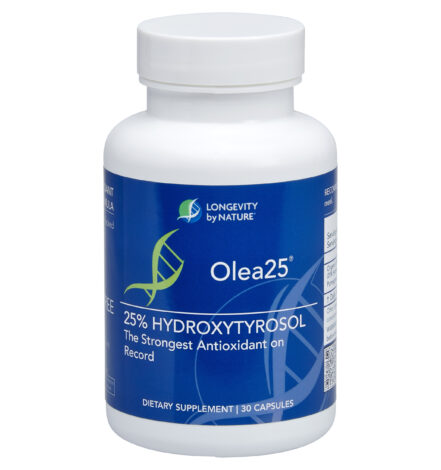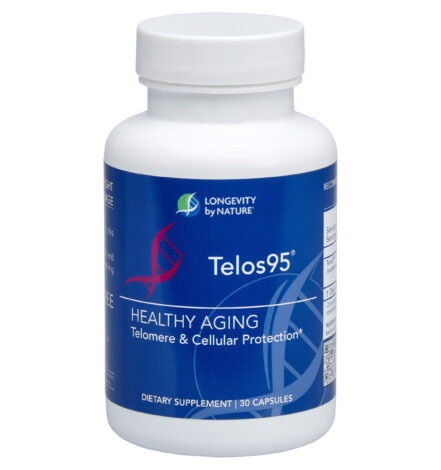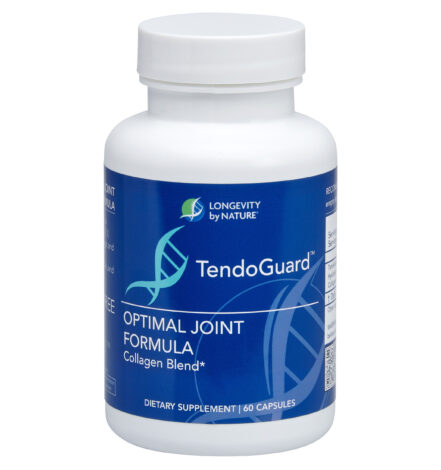Are your shoulders, wrists, knees, elbows, or heels painful, swollen, tender, and stiff? If you’re experiencing pain, swelling, stiffness, or tenderness in these areas, you might be suffering from tendonitis. This condition, often resulting from overuse, leads many to seek effective ways to reduce inflammation and alleviate discomfort. Understanding tendonitis – its causes, symptoms, and natural treatment options – is important in managing and preventing its recurrence. This article delves into what tendonitis is, its prevalent causes, and explores some natural treatments, including dietary changes, supplements like TendoGuard, and RICE therapy, to help mitigate symptoms. We’ll also guide you on when it’s wise to consult a doctor and introduce TendoGuard from Longevity by Nature, a supplement for tendonitis health.
What exactly is tendonitis and what are its symptoms?
Tendonitis is an inflammation or irritation of a tendon, the thick fibrous cords that attach muscles to bone. This condition commonly occurs as a result of overuse or repetitive strain on the tendons. It can affect any tendon but is most often seen in the shoulders, wrists, knees, elbows, and heels.
Symptoms of tendonitis include:
Pain: The most common symptom, often described as a dull ache, particularly when moving the affected limb or joint.
Tenderness: The area around the tendon may be tender to the touch.
Swelling: Mild to moderate swelling can occur in the area around the affected tendon.
Stiffness: The joint may feel stiff, especially in the morning or after periods of inactivity.
What are the most common causes of tendonitis?
Tendonitis is typically caused by a combination of overuse and strain on the tendons. The most common causes include: Performing repetitive motions over time, common in certain jobs, sports, or daily activities is one cause of tendonitis. Acute injuries during sports or accidents can lead to tendonitis. As tendons age, they lose elasticity and are more prone to injury and tendonitis may develop. Incorrect posture or technique during work or physical activities can put unnecessary stress on tendons. Activities that put repetitive stress on the tendons, like running, tennis, or golf, can lead to tendonitis. Jobs that involve repetitive movements, awkward positions, or overhead reaching are risk factors. Not warming up properly before physical activity or having inadequate conditioning can make tendons more susceptible to injury. People with rheumatoid arthritis, gout, or diabetes are at higher risk of developing this condition.
While tendonitis is associated with physical activities, anyone can develop it, even from routine daily tasks. Understanding these causes can help in preventing tendonitis by adjusting activities, improving ergonomics, and strengthening the muscles around your tendons.
5 Natural Treatments to Help Reduce Tendonitis
- Stretching exercises: Regular stretching exercises can enhance flexibility and reduce tension in the tendons, aiding in the relief of tendonitis symptoms. These exercises help in maintaining tendon health and preventing future injuries.
- Dietary changes: Incorporating anti-inflammatory foods into your diet like omega-3 fatty acids and antioxidants reduces inflammation associated with tendonitis. A balanced diet also supports overall tendon and muscle health.
- Joint health supplements: Supplements like glucosamine, chondroitin, and MSM support joint and tendon health, potentially easing tendonitis symptoms. These supplements work by aiding in the repair and maintenance of joint and tendon tissue.
- TendoGuard: TenduGuard is a collagen type II supplement derived from pure chicken sternum cartilage, known for supporting joint and connective tissue health, and helping to reduce tendonitis.
- RICE therapy: RICE, which stands for Rest, Ice, Compression, and Elevation, is an effective home treatment for tendonitis. This therapy helps in reducing inflammation, pain, and swelling in the affected area.
How long should I expect to see improvement with these natural treatments?
The time frame for seeing improvement with natural treatments for tendonitis can vary based on the severity of your condition, individual health factors, and consistency in following the treatments.
- Stretching Exercises: Improvement from regular stretching exercises can often be noticed within a few weeks. Consistency is key, and the benefits in terms of reduced tendon tension and increased flexibility accumulate over time.
- Dietary Changes: The effects of dietary changes may start to manifest within a few weeks to a couple of months. The anti-inflammatory benefits of a diet rich in omega-3 fatty acids and antioxidants build gradually and contribute to overall tendon health.
- Joint Health Supplements: Supplements like glucosamine, chondroitin, and MSM may take several weeks to a few months to show noticeable improvement. These supplements work by supporting the gradual repair and maintenance of joint and tendon tissues.
- TendoGuard: As with other supplements, the effects of TendoGuard might take a while to be evident. Its benefits in joint and connective tissue health develop over time with consistent use.
- RICE Therapy: Improvement from RICE therapy can often be felt within a few days to a week, especially in reducing acute inflammation, pain, and swelling. It’s most effective when applied soon after symptoms appear.
Natural treatments should be part of a comprehensive approach to managing tendonitis, which might also include physical therapy and consultation with healthcare professionals. Individual responses to these treatments can vary so patience and consistency are important to achieve the best results.
When to see a doctor
It’s always better to err on the side of caution when it comes to health issues. A healthcare professional can provide a proper diagnosis, recommend appropriate treatments, and help prevent further complications. You should consider seeing a doctor for your tendonitis symptoms in the following situations:
Severe Pain: If your pain is intense and makes it difficult to move or use the affected area.
Lack of Improvement: If symptoms don’t improve with home treatments, like rest and over-the-counter pain relievers, within a few days to a week.
Worsening Symptoms: If your symptoms worsen over time instead of getting better.
Impaired Function: If the tendonitis is affecting your ability to perform daily activities or your normal range of motion.
Recurrent Episodes: If you experience repeated episodes of tendonitis, even after taking preventive measures.
Signs of Infection: If you notice signs of infection like redness, warmth, swelling, or fever around the affected area.
Joint Abnormality: If there is noticeable swelling, deformity, or any unusual symptoms in the joint associated with the affected tendon.
Other Health Concerns: If you have other health conditions that may complicate or contribute to your tendonitis, like diabetes or rheumatoid arthritis.
Discover TendoGuard from Longevity by Nature
TendoGuard joint support supplement aids the health of connective tissues, including tendons. Collagen helps in the synthesis and repair of this connective tissue. By potentially aiding in the repair and maintenance of joint and connective tissue health, collagen supplements can indirectly support the healing process in cases of tendonitis. TendoGuard has anti-inflammatory properties, which can help in reducing the inflammation associated with tendonitis. Consistently taking collagen supplements like TendoGuard may contribute to faster recovery of tendon tissues.
Explore more best selling supplements from Longevity by Nature






